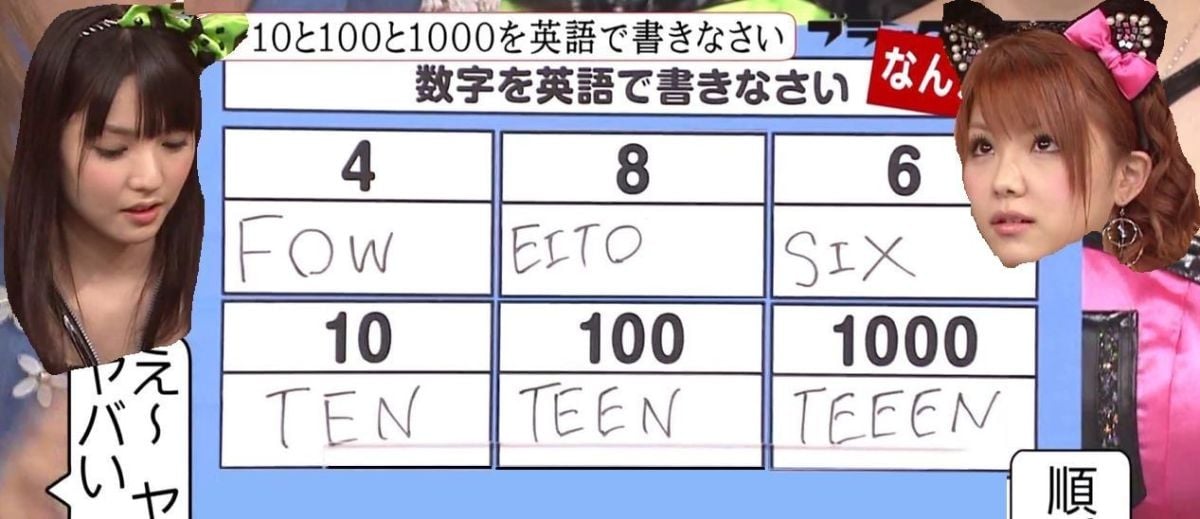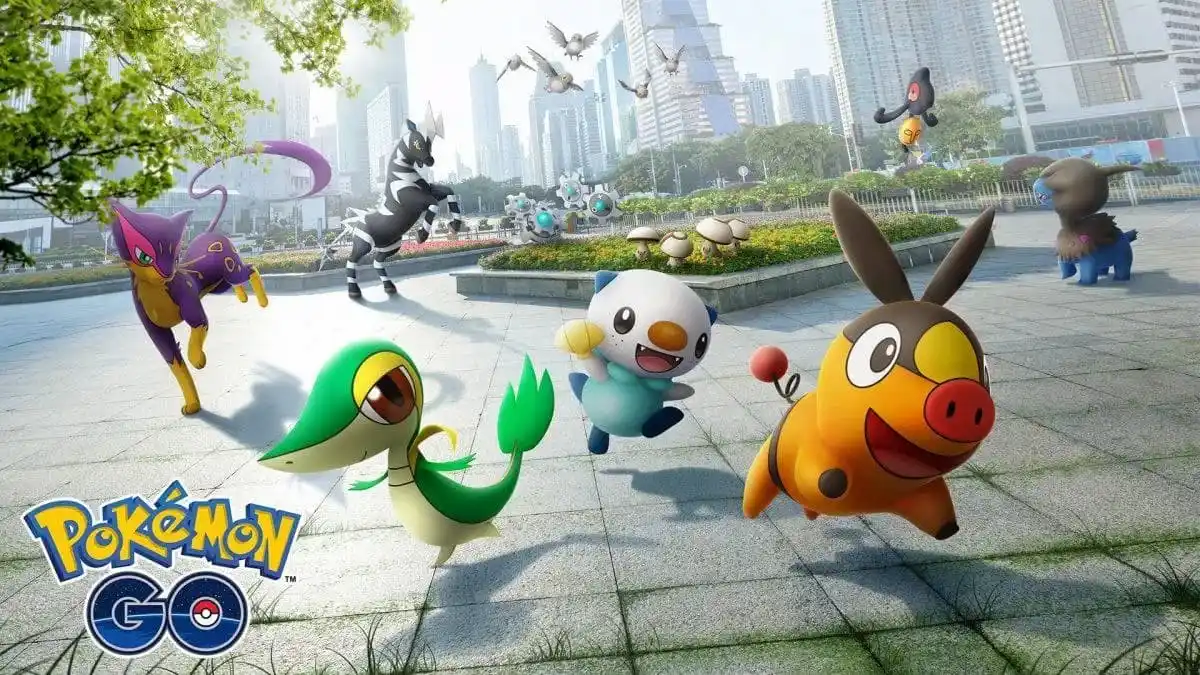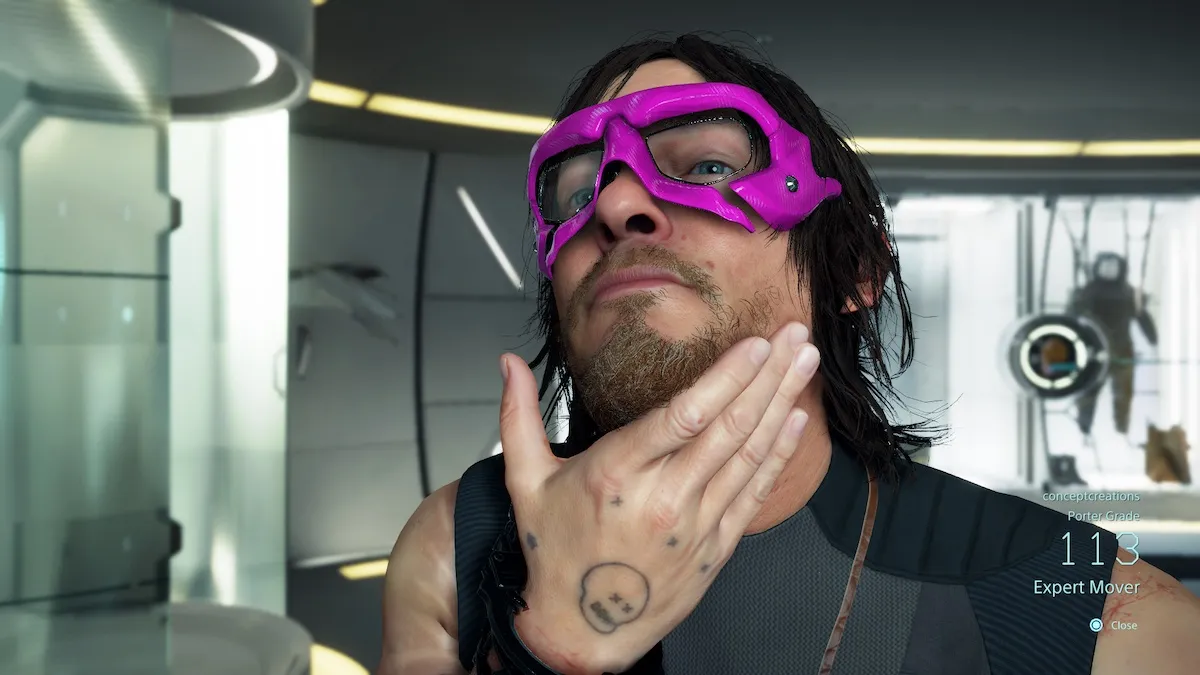Did you game of sword playing? I’m bery excite!
Localization is an underappreciated aspect of game development. There is a lot that goes into localization such as redesigning cover-art, censoring parts of games for cultural sensitivity, and recording new voice-overs in the target language. The most important job, however, is translation of the in-game text and especially the dialogue. A good translation will be transparent with natural language, puns, and jokes that work in context, and lack any unfamiliar cultural aspects. A bad translation will make you scratch your head wondering what something means or even unintentionally make you laugh out loud. Even lines that are understandable can feel unnatural and make you do a double-take.
In any case, it takes you out of the game and destroys immersion. This is particularly bad in role-playing games where players want to be engrossed in the world and characters as much as possible. It just so happens most localization is of Japanese games into English, and Japan sure does make a lot of RPGs.
Japanese and English are as close as it gets to having opposite languages. Not only does Japanese use an entirely different writing system, but the grammar structure is nearly backwards with regard to English as well. For example, the sentence “I went to the store to return this bad game” would be structured as “I this bad game return store to went” in Japanese. There are words for things in Japanese that we do not have and vice versa. So many words do not match up with their English translation because there are huge differences in nuance, tone, frequency, politeness, and severity. However, the vast differences between Japanese and English is just one concern localization teams have to deal with.

The whole team doesn’t sit down and translate the entire game together unfortunately. Different chunks are divided up among the staff who must co-ordinate to maintain consistency with things such as names of places or characters and their speaking style or mannerisms.
If a heroine speaks with a Kansai dialect, someone may give her a southern US dialect whereas another person may write her lines as though she were Welsh. Someone may decide to keep suffixes like “-san” like in Persona whereas another may drop them entirely. It can get even more chaotic when there’s going to be a dub, with translators providing cues to voice-acting directors on emphasis, emotion, and inflection.
On top of all these difficulties, localization teams are often pressed for time to get the product out as soon as possible. Incompetence, laziness, time, lack of quality assurance; whatever the reason may be, errors do happen, especially in older games. Many of the worst and funniest mis-translations or “Engrish” appear in games of the third, fourth, and even fifth generations.

Phrases like “All your base are belong to us,” “Conglaturation,” “A winner is you,” and “I feel asleep” will forever be imprinted into gamers’ memory as some of the worst translations of all time. But that kind of laughable translation couldn’t possibly happen in modern times, right?
While those are some popular excerpts from poorly-translated games, there aren’t a ton of dialogue-heavy games that maintain that level of gibberish all the way through. I researched many Japanese titles including ones that are claimed to have “the worst” translation. Games like Breath of Fire 2, Suikoden 2, Harvest Moon, Star Ocean 4, Legend of Dragoon, and Ar Tonelico 2 all have issues, but none compare to the gem I found recently. Breath of Fire 2 seems to get the most flak for its bad translation, but not even it comes close.
Ladies and gentlemen, the true Engrish World Champion: Sword Art Online: Hollow Fragment for PlayStation Vita.
 –
– –
–
As a reminder, this is not about what game has the worst voice acting, so you can lower your Resident Evil and Chaos Wars cards. Sword Art Online: Hollow Fragment does not have an English voice-over dub, which may be part of why this game got such little effort in its translation. Now that I think about it, it would be hilarious to have people read these lines in their full, Engrish glory. I mean, just look at it! I had to cut myself off from getting more screenshots. There’s so many hilarious lines, but it is really is this awful all the way through this 60- to 150-hour game. I read through Chris’s review three times and I’m completely flabbergasted he didn’t mention anything about the translation.
Did they just dump the text into Google Translate? You’d think so, but no. I went to a couple of sections with bad translation, listened to what the voice actors said in Japanese, and put that into Google Translate hoping it would spit out something better than what’s in the game. That would be funny, but even this game is miles ahead of where Google Translate is at right now.

The Sword Art Online games are based on a series of light novels and manga that also has an anime adaption and an upcoming live-action television show in the US (I can only hope they’ll speak like they do in this game). I checked and official translations of the light novels, manga, and anime all have perfectly fine translations. Even the sequel, Lost Song, has a good translation. So what happened here?
Hollow Fragment is an upgraded version of Japan-only Sword Art Online: Infinity Moment, getting a lot more content than its PSP predecessor. Before our Engrish champion was localized for the west, it was sold in the Asian market with Chinese and English subtitles. There are reports online of this version being even worse than the full western localization, but I could not confirm any differences.

Series producer Yosuke Futami spoke with Siliconera about the then upcoming Lost Song and the PlayStation 4 director’s cut of the first game, titled Sword Art Online Re: Hollow Fragment. He was well aware of the shoddy translation, admitting “Ah, right, the English translations in Sword Art Online: Hollow Fragment weren’t that good, huh?…we’re aware of the root of the problem and what I can say is that this time around with Lost Song, we’re doing things differently. Fans can expect much better translations as the localization process will be handled very differently.”

Turns out that not only did Lost Song get a better translation, but so did Re: Hollow Fragment, along with even more content added as perhaps an apology. Siliconera provided a few examples of this improved translation.
So this story has a happy ending after all (so long as you’re not one of the guys who translated the original Hollow Fragment). If you plan on playing it, you should definitely get the PS4 director’s cut for the definitive experience. Or pick up the Vita version if you want a special experience.





Published: Oct 29, 2016 04:00 pm